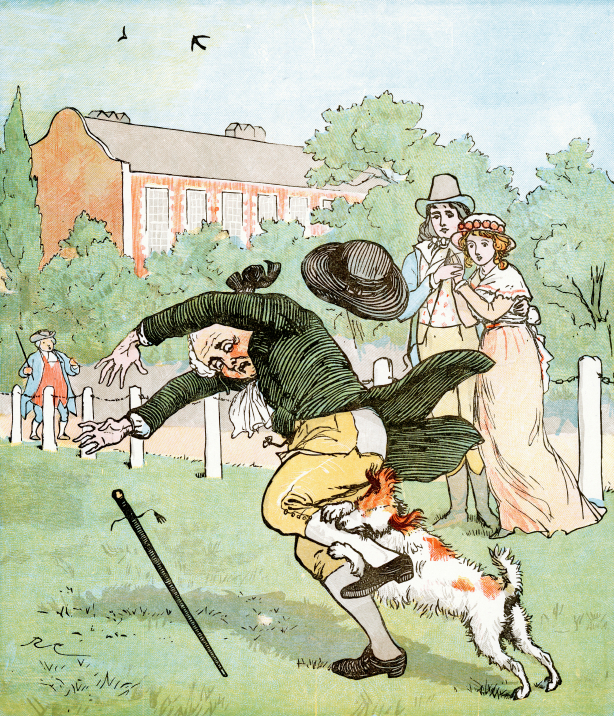Getting Comms Right
PR Pronto: What's news and what's not

PR people are naturally upbeat, and they find it easy to get carried away on tsunamis of their own enthusiasm. When their client waxes lyrical about the dullest product launch, the most inconsequential appointment, or an event less exciting than the opening of an envelope, they happily agree to write a press release.
They call it ‘news’.
It isn’t.
Here are a couple of questions to help sort the wheat of hot news from the chaff of the pointless press release:
Is it new? The biggest news of the past few months was probably the death of Nelson Mandela. This story stayed on the front pages for days, but it evolved over that time. New information such as comment from a world leader, detail of the funeral, or political developments kept it current.
Is it unusual? But even if it’s only just happened, the ordinary isn’t news. Traditionally journalists are taught that ‘dog bites man’ won’t hack it, but ‘man bites dog’ could be more newsworthy. However, even this rule isn’t foolproof, and in cultures where dog meat features regularly on menus, ‘man bites dog’ might not spark any interest.
Is it interesting? ‘Interesting’ is in the eye of the beholder. The discovery of a new type of paint could be the news highlight of the year in certain specialist media. But for a national journalist, writing about it would be no more interesting than watching it dry.
Is it important? If, however, that paint could be used to waterproof people’s houses and protect them from flooding, the story could start to creep up the news agenda.
Is it timely? When a journalist sees a bandwagon, they’re likely to jump on it. The media is currently full of stories about flooding, and our paint story would be just right for today’s news. In a couple of weeks however, our hot story will have gone distinctly cold.
Does it affect people? Human interest is always newsworthy. If we claim our waterproof paint protects property, that could be interesting. But by highlighting how it could mean people can move back into their damaged homes, it’s much more of a scoop.
Is it close? Journalists need to know their readers care about what’s happening in another town, country, or similarly, industry. The further away it is, the bigger the story has to be.